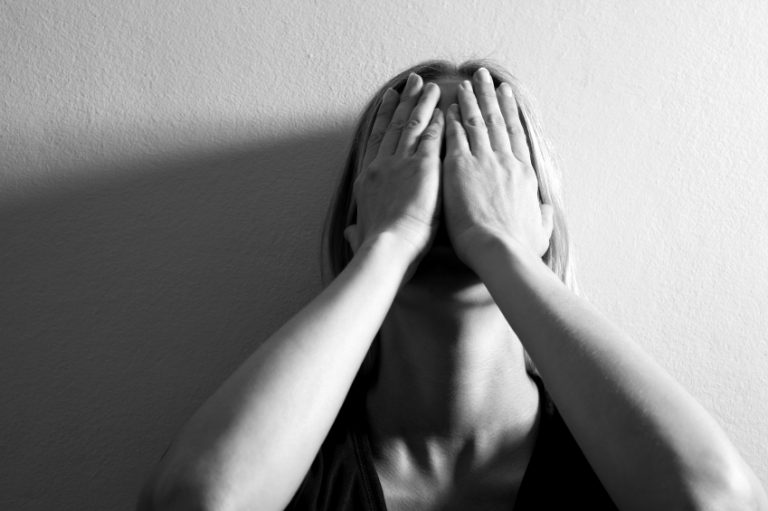Conviction targets may account for the decline in rape prosecutions which are at their lowest since 2008. The Criminal Prosecution Service’s code of practice states that offenders must be charged if a conviction is in the public interest and is realistic, or more than 50% likely to be successful’ however a Law Society Gazette investigation has revealed the use of targets in prosecuting rape cases since 2016.
At that point prosecutors were advised to consider a conviction rate target of 60% following a charge of rape. Concerns have been raised that prosecutors may have been influenced to charge fewer suspects, or drop weaker cases in order to prosecute a smaller number of stronger cases. The CPS had not made public these targets however they were contained in periodic reports by HM Crown Prosecution Service Inspectorate (HMCPSI).
The CPS described the targets as ‘levels of ambition’ or performance benchmarks for the organisation’s achievements by the end of each financial year. They have denied that the targets constituted a change in policy regarding rape prosecutions.
HMCPSI have been found to have used these conviction targets in their reports as recently as May 2019, despite the CPS claiming that the targets were scrapped in April 2018. A CPS spokesperson, speaking to the freelance journalist Melanie Newman writing for the Law Society Gazette, said they still monitor outcomes ‘but stopped measuring performance in this way as we recognised it may not adequately reflect that both an acquittal and a prosecutor stopping a case that no longer meets the code test can be examples of the system working properly’.
The Inspectorate’s report into the CPS Mersey-Cheshire region of April 2018 criticised a decline in Rape and Serious Sexual Offences convictions from 57.3% in 2016-17 to 54.6% in the 12 months up to September 2017. This is despite the fact that the actual number of rape convictions had increased from 100 to 138 over the same period.
In September this year a coalition of women’s rights organisations commenced legal proceedings against the Director of Public Prosecutions. In a letter threatening legal action of June this year the Centre for Women’s Justice, who represent the coalition, claimed that the CPS had covertly changed its policy and practice in relation to decision-making on rape cases.
Speaking on Newsnight earlier this week, the group’s director Harriet Wistrich said: ‘A change in the conviction rate would suggest if they’re being targeted to improve their convictions, the easiest way to do that is to take weaker cases out of the system.’ Their action against the CPS calls for the ‘highest level of scrutiny from Government’ into falling rape convictions.
The CPS deny any correlation between the use of conviction targets and the decline in rape prosecutions, and have blamed a fall in referrals to the CPS from the police. In August, the Rape Monitoring Group, coordinated by HM Inspectorate of Constabulary, published a report indicating a 2% conviction rate following a report of rape.




